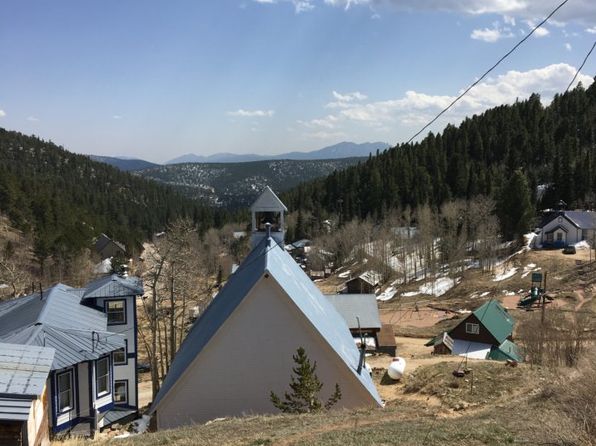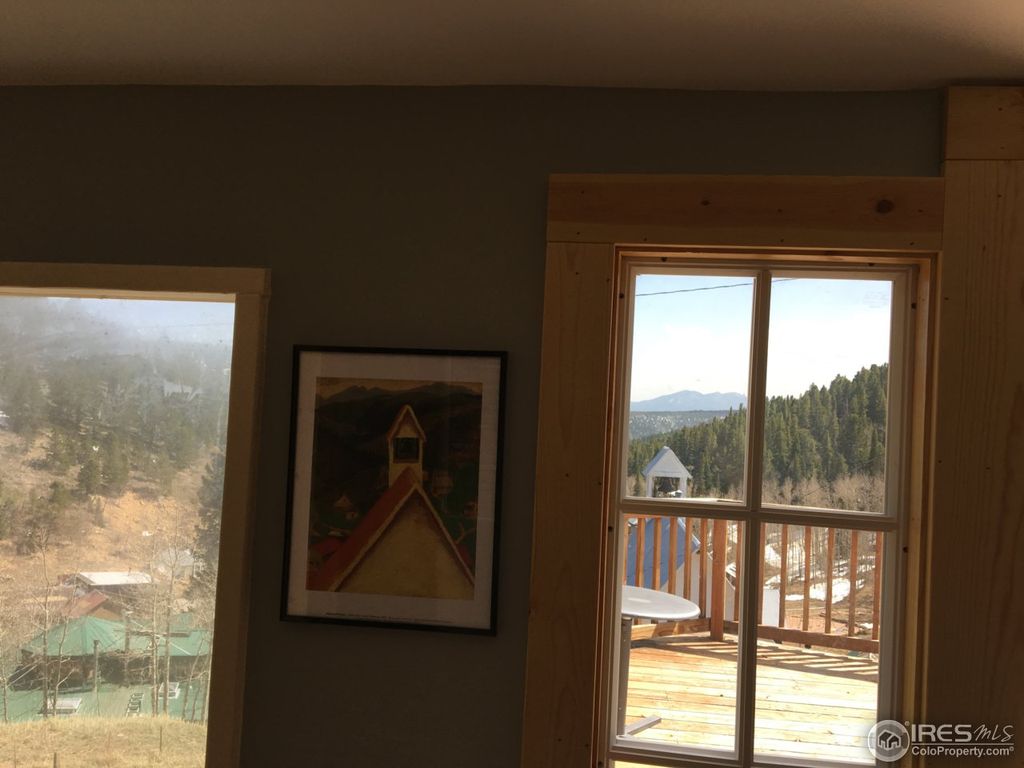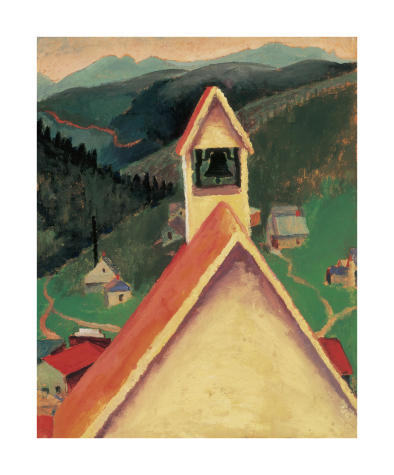
The building — monumental at 92,000 square feet and pricey at $70 million — is an investment in things real and symbolic. It will give the University of Colorado practical, state-of-the art classrooms for students endeavoring to be tomorrow’s creative class, and it will boost the Springs location to the top of the facilities hill in the state university system. No other outpost has a venue quite like it, not even the prestigious Boulder campus.
The building will also serve as a cultural hub for the region at large. The four theaters and art gallery will act as a connector between the college and the community, a place for the public to see plays, concerts and exhibits, and a resource for local cultural groups who will rent out its spaces to present their own events.

But, thanks to its design, the Ent Center is also a beacon signaling the importance of culture. Metallic and curvy, it sits on top of rising terrain northwest of the campus close to Highway 25. The building shimmers and waves, bringing attention to itself and the programming inside, as if to say “Art is important” and, perhaps more crucially, “Art is fun, too.”
The design is a collaboration between firms near and far. H3 Hardy Collaborative Architecture took the lead. The New York-based firm has done work on cultural projects across the country and also advised the city of Denver on the possible redo of the Denver Performing Arts Complex downtown.
The local partner, and a crucial player in the way the building turned out, is Semple Brown Design, whose efforts were led by Bryan Schmidt and Dru Schwyhart. The firm is one of Denver’s best, responsible for such landmarks as the Ellie Caulkins Opera House, RedLine arts center and the Colorado Ballet studios.
The Ent’s defining feature comes from a series of undulating bands of steel that layer together to form its facade. They pulse unpredictably and keep the static building in motion, giving it, in a sense, a perpetual, in-and-out breath.
The steel bands are showy but they’re not all show. The irregular curves are employed functionally, serving as floors for small, open-air balconies above them and overhangs for protected sitting areas beneath. One cantilevers far out over the building’s main entrance to create a canopy welcoming visitors.
They also work as sun shade protection and are part of a long lineup of gestures that earned the structure LEED Gold certification from the U.S. Green Building Council.

Cleverly, the lobby narrows and morphs into a corridor leading to all of the center’s major venues. It links visitors to the main theaters and, eventually, to the art gallery — but the transition is subtle, it never feels like a boring passageway.
Part of that effect comes from the fact that the art gallery itself spills into the main area. The corridor is rigged to hold art that is hung on walls and suspended from the ceiling. Plenty of performing arts centers use their lobbies as galleries, but they are most often an after-thought. Here, it is difficult to tell where the theaters stop and the gallery begins.
This works to pull together a diverse lineup of rooms: a 750-seat, general purpose theater with an orchestra pit and generous fly space; an intimate 225-seat recital hall; a 250-seat, flexible space for plays; and, finally, the art gallery.
All of the facilities provide a lift for the university’s students and its public offerings. The gallery in particular — at 2,500 square feet and with precision climate control and a “suspension strong point grid,” which allows curators to take advantage of the floors, walls and ceilings — will permit the sort of ambitious exhibition program the area has not seen.
Colorado Springs has a long tradition of support for both the visual and performing arts, but it’s never quite built the reputation of other cities and towns along the Front Range. No doubt, that has more to do with a shortage of suitable facilities than with a lack of artists or the people who back them.
The Ent Center — named for the Ent Credit Union, the local institution that provided financial support — creates the kind of infrastructure that allows for big things to happen. It’s a bold move, with seismic implications for the region’s cultural geography. Colorado Springs may not currently be a major cultural destination in the state, but the center gives it a bright future.
That is the kind of change determined universities can spark for their home cities, and that art can make inevitable if artists seize the opportunities and challenge themselves and the community.
But it is also the revolution that architects can start when they understand their job is to create opportunities, and lead clients to create audacious buildings that act out, sing loud and show off.




